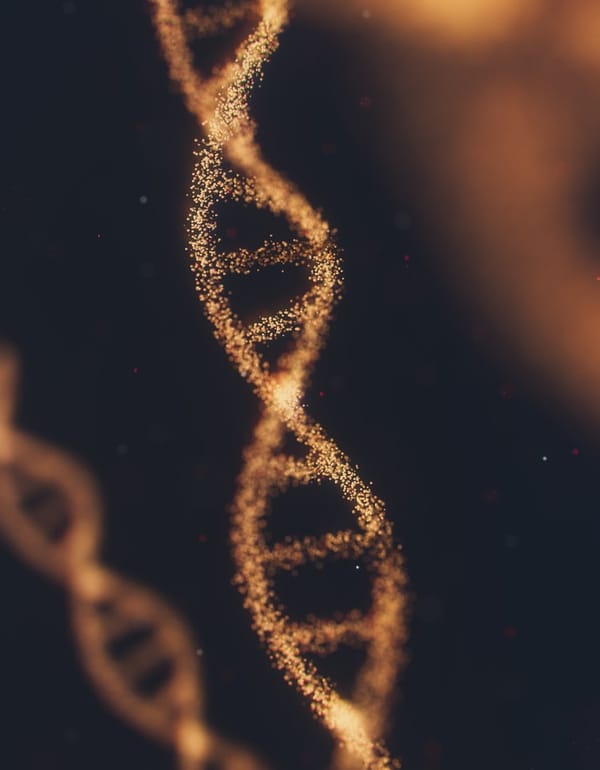This week in Science... (25/02/2022)
The vaginal microbiome, methane in London and a revolutionary sickle cell treatment

From Imperial...
Miscarriage could be linked to changes in the vaginal microbiome
Inflammation caused by changes in vaginal bacteria could be associated with miscarriage, according to researchers from Imperial’s Department of Metabolism, Digestion and Reproduction. Miscarriage occurs in around one in five pregnancies. Half of them are caused by chromosomal abnormalities in the embryo, but little is known about the causes of others. The study included 167 pregnant people between 2014 and 2019, 93 of whom had a miscarriage; in 54 of those cases, no chromosomal abnormalities were observed in the embryo. A healthy vaginal microbiome contains a lot of acid-producing Lactobacilli which can help prevent the growth of more harmful bacteria, such as Prevotella and Streptococcus, which were found to be more abundant in the vaginal microbiome of women who miscarried embryos with “normal” chromosomes. Higher rates of inflammation was associated with these bacteria. More research is needed to confirm the association, but the researchers working on a new test to analyse the vagina microbiome rapidly, which could provide future help for those at risk of miscarriage.
London stinks! The city producing up to a third more methane than previously thought
Researchers have found that due to an accumulation of natural gas infrastructure leaks, London is producing up to a third more methane than previously thought. Methane is a more potent greenhouse gas than carbon dioxide, but it stays in the atmosphere for considerably less time. The researchers used a “top-down” approach of measuring methane by measuring the atmosphere directly rather than the typical “bottom-up” approach of inferring methane emissions from the abundance of methane-emitting processes. The identification of the source of this methane is significant as it was previously thought London emitted methane primarily via landfill. This opens up the potential for solutions.
From around the world...
“It’s like being born again” says Jimi Olghere, one of seven patients discovering their new world after undergoing revolutionary sickle cell treatment
The first patients from a new gene-editing treatment being trialed in the US are finding its benefits. Sickle cell disease is caused by genetic mutation that leads to the body making haemoglobin that is rigid and unable to hold onto oxygen / navigate the body as well, causing it to get stuck and create blood blockages which increases patient’s risk of heart attack, stroke and organ damage, and often causes them a great deal of pain. Oxygen has a higher affinity for foetal haemoglobin, but the body switches from producing foetal haemoglobin to adult haemoglobin just before birth. Foetal haemoglobin is unaffected by sickle cell disease. The switch is controlled by the gene BCL 11A. Researchers were able to turn the switch “off” so the boy would produce foetal haemoglobin again. The trial involved killing all of the stem cells that create adult haemoglobin via chemotherapy, and blood transfusion with the genetically engineered stem cells. 45 patients have had this treatment, but the first 7 have already experienced amazing results, with none of them requiring admission to hospital or doctor’s visits because of sickle cell related complications.








